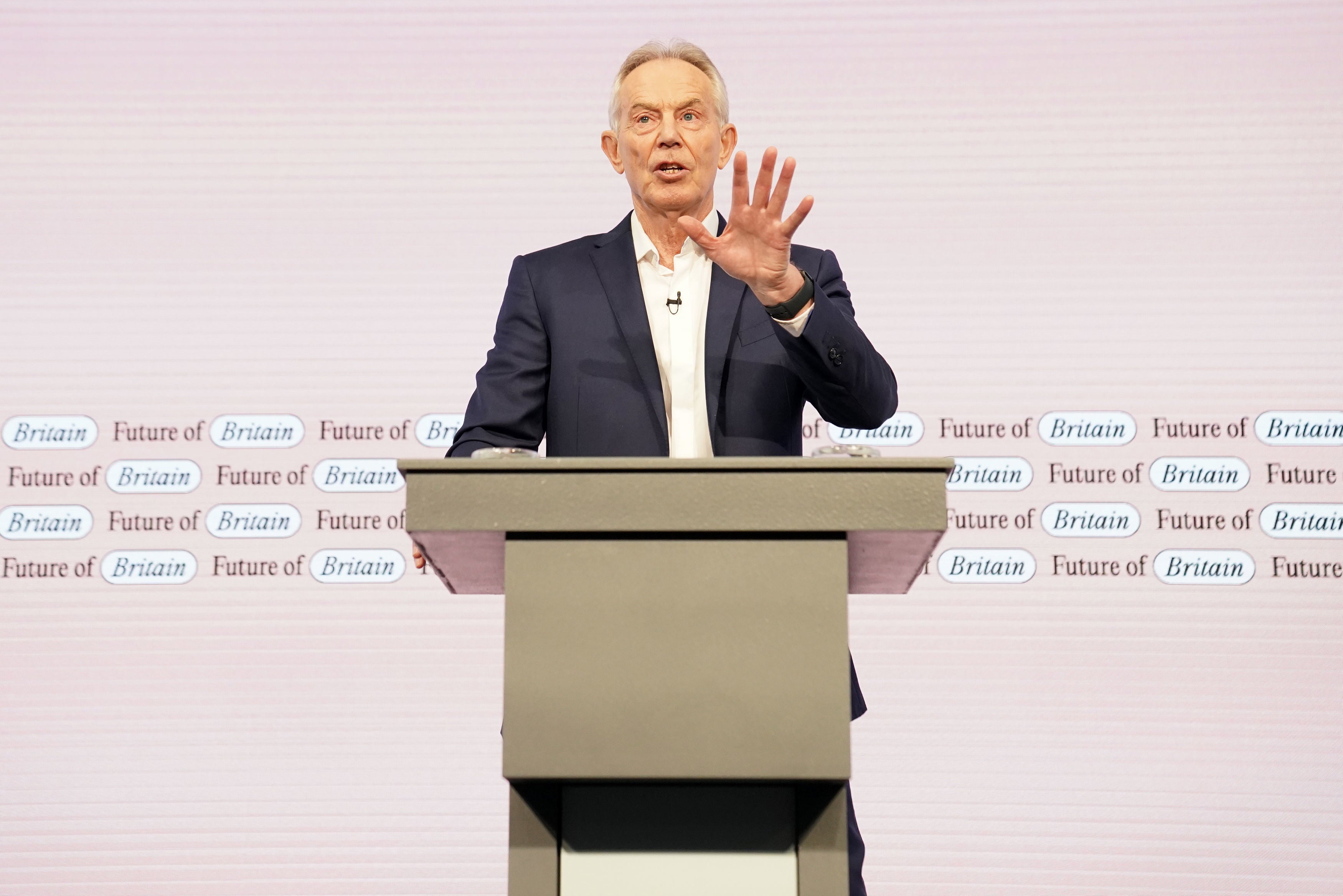I read Jon Stone’s article about Tony Blair’s assertion that Britain will rejoin the EU with interest, and I agree: the public is far more prescient than our political parties and now have buyer’s remorse in abundance. Like Blair, it fills me with sadness too at that misguided decision. That is not to say that the EU has not had their own share of problems, but we were still better in the bloc than languishing with sub-standard trade deals outside its economic tent.
It was all the other advantages too that our young people enjoyed, including unfettered access to all the EU countries. This country has limited itself.
Our leading scientists must be pulling their hair out at this short-sighted procrastination, just when their expert influence is needed more than ever before. It all seems petty and small-minded, seeing the bigger picture through a prism of pettifogging economic detail.
Labour is right not to be complacent and rest on its polling laurels, but I would say to the party’s campaign coordinator, Shabana Mahmood, that it would be a mistake to go down the lowest common denominator route in campaigning.
By all means go in strong and plausible, but just to always aim for provocation for the sake of it is not worthy of this party and will backfire if that is all they can offer. They should have Michelle Obama’s saying in mind during the campaign: “When they go low, we go high”. The public will then pay due attention and vote Labour in.
Judith A Daniels
Norfolk
Tories only protect the already-wealthy
The fact that British Gas made nearly £1bn in profits while at the same time employing debt collectors who broke into people’s homes to fit smart meters simply proves how broken public services have become under the Conservatives.
Surely this is yet another example of how, by not introducing a proper windfall tax, the Conservatives continue to look after the wealthiest 1 per cent at the expense of the rest.
People in mortgage debt, people using food banks to survive, and ordinary tax-paying citizens must see this sham for what it is sooner rather than later.
Geoffrey Brooking
Hampshire
How are Nigel Farage’s banking woes front-page news?
Steve MacKinder’s letter on Thursday makes the observation of Nigel Farage that “he has been seriously wronged” by Coutts, and further stating that “two weeks ago, none of us knew or cared where Farage banked... Now we all do”.
Farage’s outrage appears to be enjoying a media indulgence proffered to few. I ask how one person’s banking problem becomes front-page news? The little ripple has unwarrantedly escalated into a reputed tidal wave of outraged public concern. I would suggest it is not. Who banks with Coutts? Certainly not the vast majority of the population to whom it is of little more than passing interest. Farage had (and presumably still has) the opportunity of redress by litigation; a course of action that would no doubt have been enlightening for any and all who may be interested and would offer him the opportunity of redress in what is essentially a commercial matter.
Whilst, and interestingly, it is reported that some have benefited financially from the bank’s temporary discomfort, there are many other issues of much greater merit warranting media headlines and public attention.
David Nelmes
Newport







Join our commenting forum
Join thought-provoking conversations, follow other Independent readers and see their replies
Comments